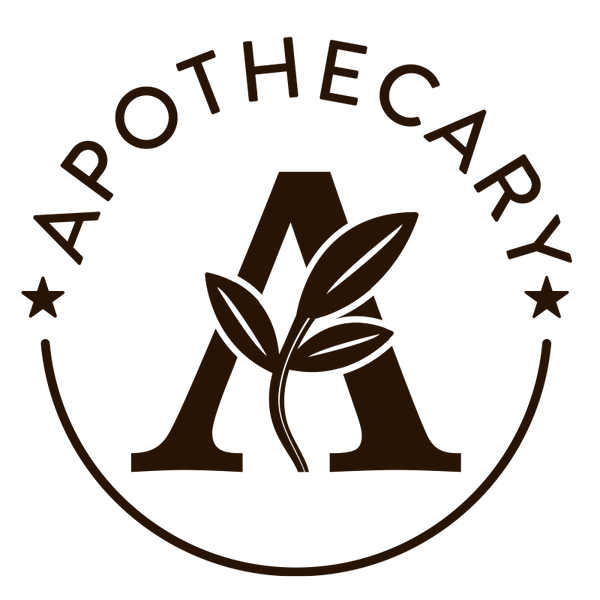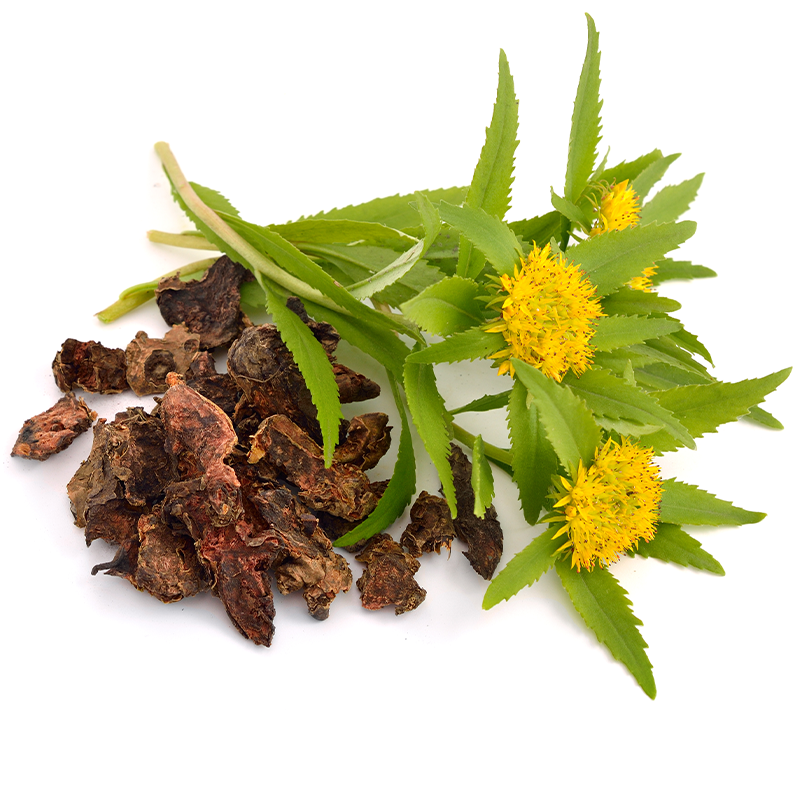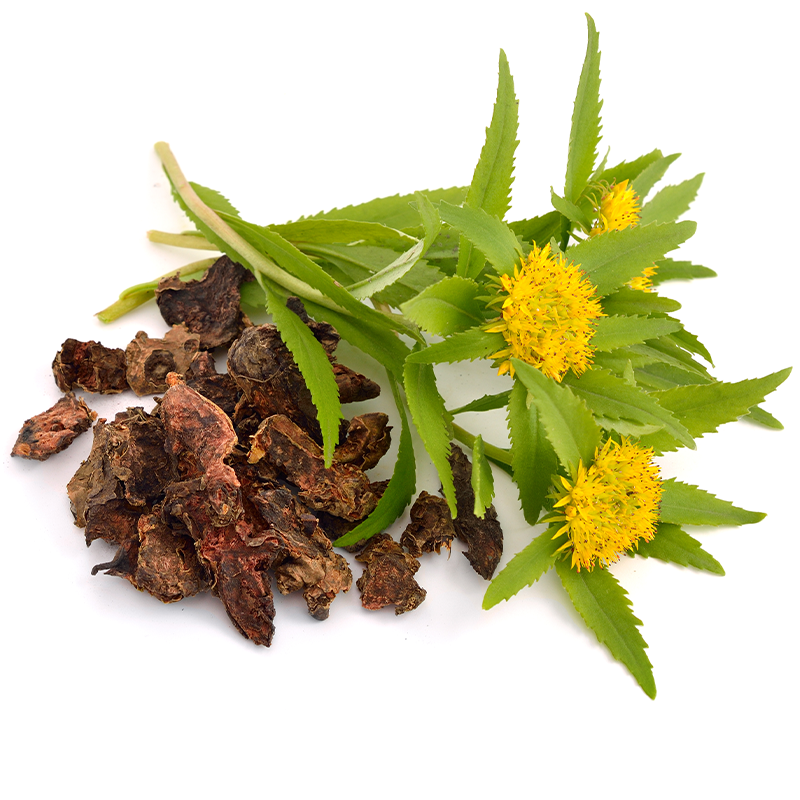Rhodiola: Ancient Herb for Mental Fortitude and Energy
Rhodiola has been used for thousands of years in Europe and Asia. Used to support mental fortitude and balance, while also supporting a healthy body & energy levels. Rhodiola, known as a powerful adaptogen, helps the body adapt to and resist physical, chemical, and environmental stress.
It's used to enhance mental performance, reduce fatigue, and improve mood. Rhodiola is believed to stimulate serotonin, norepinephrine, and dopamine activity, contributing to its antidepressant and anxiolytic properties. It's also used to improve athletic performance and physical endurance. Rhodiola Root and flowers.
More about Rhodiola
Rhodiola, encompassing various species such as Rhodiola rosea, is highly esteemed in both traditional and contemporary herbal practices, prized for its adaptogenic and antidepressant properties. The root of this plant, rich in salidroside and rosavin, is known for its ability to enhance physical and mental endurance, making it a popular choice in the realm of natural health remedies.
Its slightly bitter and astringent flavor is often found in herbal supplements aimed at combating fatigue and stress. The bioactive compounds of Rhodiola contribute the reported antioxidant and neuroprotective benefits.
With in the cold, mountainous regions of Europe and Asia, including the Arctic, Rhodiola has a long-standing history in traditional medicine. Used as a natural tonic, it is believed to improve various health conditions, from mental clarity and mood enhancement to boosting overall vitality and resilience against environmental stresses.
Know Your Ingredient: Rhodiola
| Latin Name | Rhodiola spp. (including Rhodiola rosea and others) |
| Active Ingredients | Salidroside, rosavin, tyrosol, phenylpropanoids, phenylethanol/benzyl alcohol derivatives, flavonoids |
| Classification Secondary Metabolite | Phenylpropanoids, Phenylethanol/benzyl alcohol derivatives, Flavonoids |
| Flavor | Slightly bitter, astringent |
| Common Use | Adaptogen, antidepressant, anti-fatigue, traditional medicine, supplements |
| Origin | Native to cold regions of Europe and Asia, Arctic |


